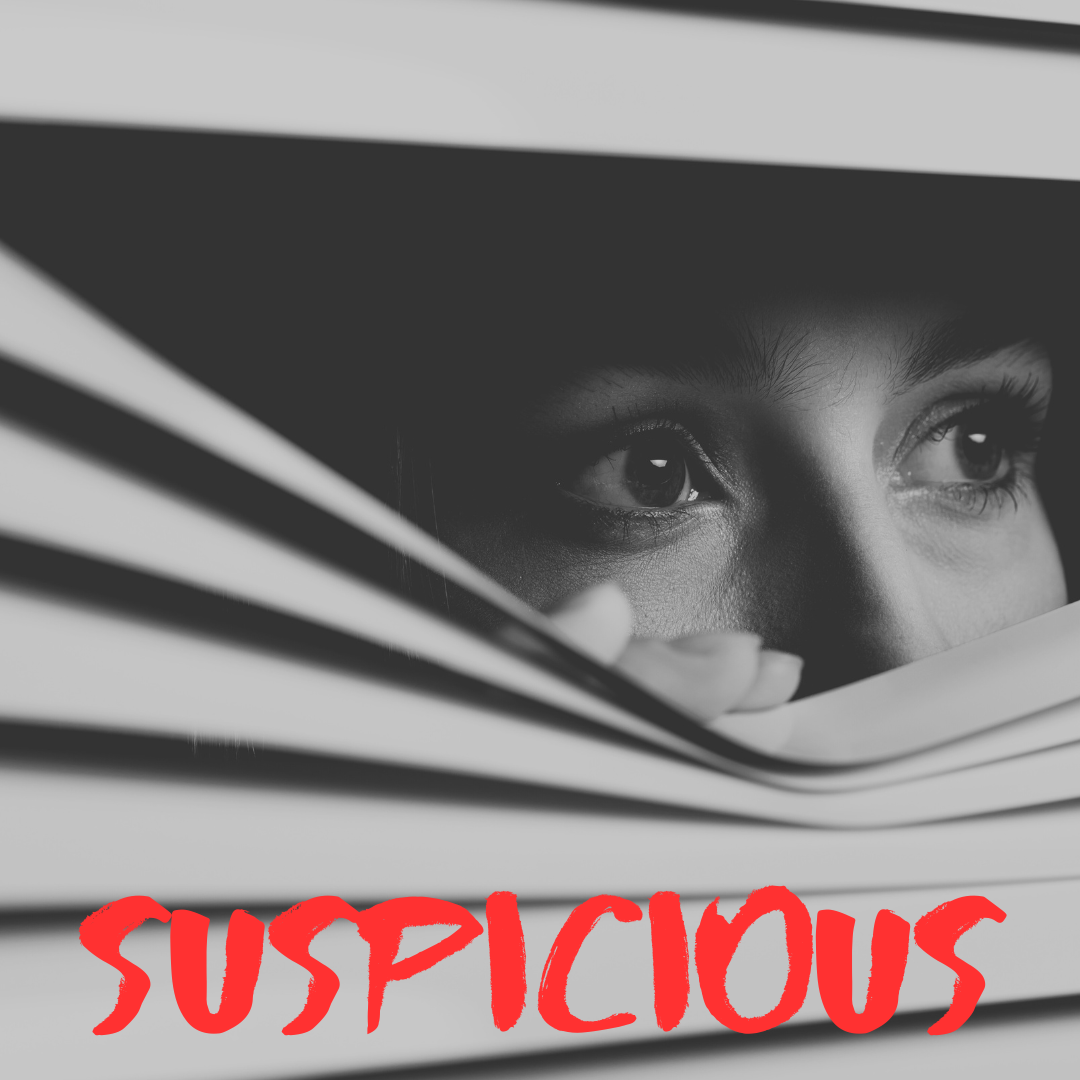Should You Be More Suspicious of Your Neighbor?
A 2001 Gallup survey reported that 25% of Democrats and 23% of Republicans believed that crime had increased in their neighborhood over the last year. 20 years later, in 2022, those numbers have shot up to 42% of Democrats and 73% of Republicans reporting they are more fearful of crime.
It appears that Democrats and Republicans are agreed on at least one thing: that they live with more fear.
What about you? What do you really believe about your neighbor? Should you be more suspicious?
By neighbor, I mean the rest of the people who make up your community. Are you more or less afraid or suspicious of them than you were five years ago?
The things we believe about one another impact the way we treat them.
If I’m convinced you are a good person, I will likely ask you to watch my home while I am out of town. If I suspect you are a thief, I will never tell you my house will be empty for a week.
Our perspective on the world has changed substantially since I was a kid. I roamed freely around my neighborhood on foot or bike. My neighborhood friends and I were often to be found up at the churchyard playing football or at the school’s baseball diamond pretending to be Ryne Sandberg. I am certain my Mom was not overly concerned about my safety because the world as we knew it felt pretty safe. We knew the names of every neighbor at least several houses in both directions.
Fast forward to the modern era and most parents now hover over their child’s every movement. Personally, I have never allowed my own kids to freely roam the neighborhood. Today’s parents are much more concerned about children being snatched by a predator.
This newfound fear is not necessarily unfounded. Parental anxiety has likely increased though due to the accessibility and volume of scary news we consume around the clock.
Our fear has also grown due to our increasing isolation from our neighbors.
Today, we spend more time on devices, have fewer close relationships, and therefore barely know our neighbors. The era of social media has not resulted in us being more social, but less.
Can you name your neighbors several houses down in both directions?
Is our increasing fear of people in our community justified? That is a tough question to answer because each of us lives in different circumstances in our community. Some of us live in neighborhoods where police are a regular presence. It is not uncommon in my neighborhood to hear gunshots. That reality would not be true for many neighborhoods in my county.
“Perhaps a better set of questions is in order. Do we know our neighbors? What is the quality of our relationships with them? Should we be suspicious of our neighbors or are they trustworthy people?”
Perhaps a better set of questions is in order. Do we know our neighbors? What is the quality of our relationships with them? Should we be suspicious of our neighbors or are they trustworthy people?
Sadly, most of us don’t know our neighbors enough to answer these questions because we don’t have relationships with them.
We do not trust what we do not know.
In fact, the human tendency is to fear what we don’t know. We are suspicious of strangers and easily believe the worst about people. This is especially true of people who are different from us socioeconomically, ethnically, religiously, politically, and morally.
Don’t get me wrong. There are some very evil people in the world. There are good reasons to be cautious and protective of your own and your children’s safety. Common sense is a necessity. Every person is not worthy of your trust.
There is no question that crime is a reality. Our nation experiences far too many acts of gun violence, whether in domestic situations or random, senseless mass shootings.
One does not need to deny the reality of crime though to wrestle with the question: Is our suspicion and fear of our neighbors justified?
You cannot really begin to assess whether a human being is worthy of your trust until you get to know them, otherwise, you are simply making uninformed judgments. My own bias has too often led me to misjudge a person that ended up being worthy of trust.
Something tells me that there are deeper reasons, unjustified ones, for why we are afraid of one another. That will require analysis for another day.
For now, what if we just wrestled with the question: Is your suspicion and fear of your neighbors justified?
You can’t answer that question honestly until you get to know your neighbor. I sincerely hope we are all wrong.
*Image source: Canva Pro D-Keine from Getty Images Signature

